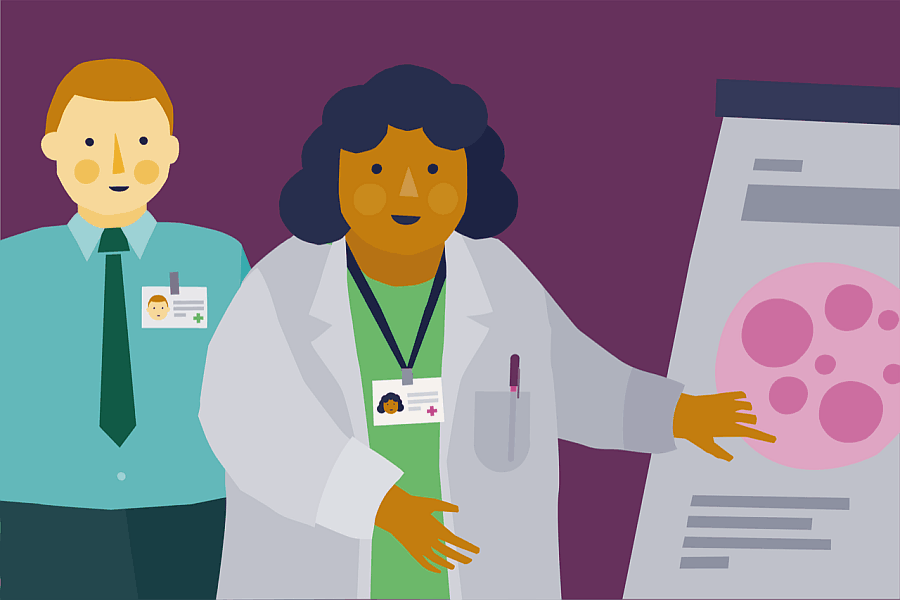Training and Education Resources

The Joint National Plan for Inclusive Pharmacy Practice aims to bring inclusive pharmacy practice into everyday care for patients and the public.
The plan will support the prevention of ill health and address health inequalities within our diverse communities.
The plan highlights the need for cultural understanding and awareness, so we have compiled a list (below) of current training and resources on culturally competent healthcare delivery, with HEE, APTUK, and RPS, and partners.
More resources and examples of good practice will be added as they become available.
The plan is intended to provide a framework to help organisations progress along the route towards cultural competence and inclusive practice.
Who are these resources for?
These resources are for those in patient care delivery roles, as well as supervisors, trainers and educators of the registered and unregistered pharmacy workforce and early careers pharmacists and pharmacy technicians and students.
The plan has been collaboratively co-produce by the Chief Pharmaceutical Officer’s team at NHS England and NHS Improvement, the Royal Pharmaceutical Society (RPS) and the Association of Pharmacy Technicians UK (APTUK) to work with partners across the pharmacy sector to address equality, diversity and inclusion across all parts of healthcare in England, including what the RPS and APTUK have already been undertaking.
Next steps
To find out more about delivery of culturally competent care and inclusion and diversity, go back to our RPS I&D page and join the ABCD group.